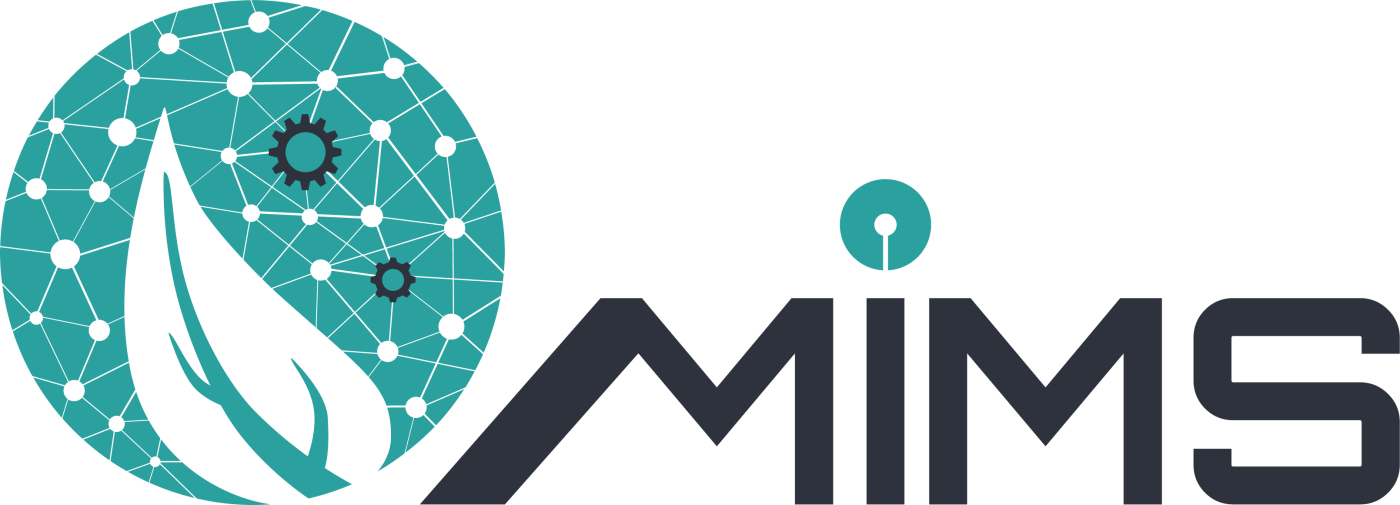The MIMS (Joint Master Degree in Innovative Manufacturing Systems) master is a 2 years master degree (120 ECTS) coordinated by the University of Girona (UdG, Spain), Politecnico di Torino (Polito, Italy) and University of Gävle (HiG, Sweden) as partners.
The master is structured in four semesters: in the first semester, students study in the UdG the introductory subjects on innovation and management in manufacturing, in the second semester they will move to Polito for acquiring knowledge in different subjects related to sustainable and quality. In the third semester students will visit HiG for the last applied modules on logistics and supply chain. Finally, during the fourth semester, students develop their master thesis in Udg, Polito or collaborating institutions (research centers, universities, or companies).
MIMS is targeted at students that have completed a first degree in areas related to Engineering or Business (e.g. Industrial Engineering, Business Management, Robotics, Electrical or Mechanical Engineering, Physics or Mathematics) and want to pursue deeper knowledge in field of manufacturing systems. In addition, all applicants must prove their English language proficiency of level B2, to be proven by means of an IELTS test, TOEFL test or Cambridge English Exam.
Year 1
Year 2
Semester 1
30 ECTS
Semester 2
30 ECTS
Semester 3
30 ECTS
Semester 4
30 ECTS
MIMS is an international and multidisciplinary program, focused on innovative manufacturing systems, that will have an added value both within academia as for the labour market. This added value is demonstrated in the academic and transversal learning outcomes. Students will learn about the innovative manufacturing systems in Europe, but will also be submerged in European cultures and languages, not in the least by the way mobility is embedded in the programme itself.
The MIMS aim is to address the innovation needs of the manufacturing sector concerning process and development for product design, ergonomics and health and safety, sustainable product development, Product-Service Systems, manufacturing processes, business model configuration, sustainable logistics and new forms of work organisation, among others. The content module will be organised as simulating the innovation journey, from creativity to valorisation, but escaping from the traditional lineal sequence. Modules puzzle and form the “big picture” of innovation, students moving in cohorts from one university to another, experimenting through learning and outdoor activities all facets of innovation in the different cultural, social and economic local contexts where the Master program is taught.
